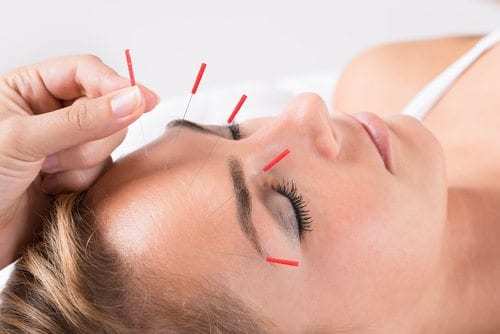Following thousands of years of success in China, acupuncture’s efficacy has been studied and confirmed by several renowned medical institutions. Still, myths about acupuncture treatment remain. We’ve highlighted a few of the most common in today’s blog post.

Myths About Acupuncture
Acupuncture Is Painful
Needles – am I right? We associate them with pain because, well, immunization needles, tattoo needles, and even sewing needles sometimes hurt. However, acupuncture needles are a different ball game. They’re only slightly thicker than a human hair, and trained acupuncturists take great care to ensure that these needles do not cause pain.
You might experience a Qi (pronounced “chee”) sensation, often described as heaviness, throbbing, or an electrical sensation. But in some cases, patients find it so relaxing that they fall asleep during an acupuncture treatment.
Acupuncture Is Just an Old Folk Medicine
Actually, acupuncture is a treatment option that many of today’s medical institutions study and recommend. The National Institutes of Health (NIH) funds many clinical research trials on acupuncture. In fact, both the NIH and the Mayo Foundation for Medical Education and Research recognize acupuncture as a valid treatment for a wide range of conditions.
Acupuncture Is a Placebo
The effects of acupuncture on the brain and body and how best to measure them are only beginning to be understood. One fact remains: People who attribute acupuncture to the placebo effect are discounting the growing scientific evidence that backs up acupuncture as a valid treatment option.
Furthermore, studies show that during acupuncture, our brains begin to release chemicals, such as endorphins, that are natural painkillers. Acupuncture may also have an anti-inflammatory effect on patients and might even help people’s immune systems.
Acupuncture May Conflict with Conventional Medical Treatments
There is no known conflict between acupuncture and conventional medicine; they complement one another. In fact, acupuncture works nicely as an adjunct to your conventional treatment plan, and it works best when coupled with a healthy diet and active lifestyle.
Acupuncture Is Only Useful in Treating Pain
It’s true that acupuncture helps relieve temporary and chronic pain, such as the following:
- Joint pain
- Knee pain
- Back pain
- Headaches
- Stomach pain
- Menstrual cramps
However, acupuncture is also used to treat nausea/vomiting, chemotherapy side effects, morning sickness, hypertension, allergies, depression, infertility, and other conditions.
Things to Consider Before Trying Acupuncture
According to the National Center for Complementary and Integrative Health (NCCIH), you should consider the following when choosing to partake in acupuncture treatments:
- Don’t use acupuncture to postpone seeing a healthcare provider about a health problem.
- If you decide to visit an acupuncturist, check his or her credentials. Some conventional medical practitioners – including physicians and dentists – practice acupuncture. But education and training standards and requirements for acupuncture vary from state to state.
- Ask the practitioner about the estimated number of treatments needed and how much each treatment will cost. Some insurance companies cover the costs of acupuncture, while others do not. For more information, see NCCIH’s fact sheet Paying for Complementary Health Approaches.
- Help your healthcare providers give you well coordinated and safe care by telling them about all the health approaches you use. Give them a full picture of what you do to manage your health.
Alternative Wellness
At Loehr Chiropractic & Acupuncture, we use acupuncture to help treat a myriad of conditions, such as chronic pain, infertility, hormone imbalances, depression, anxiety, allergies, and more. For many people, acupuncture effectively promotes quick self-healing and long-term well being. We’ve seen it ourselves with our own patients. It’s why we’ve taken the time today to set the record straight regarding the myths about acupuncture.
But if you still have questions, give us a call at 417-887-8075 or schedule your appointment today. We’ll discuss your needs and determine whether acupuncture is right for you. We firmly believe that the process of moving toward better health begins with determining your underlying issue. Our professionals are dedicated to providing high-quality health care for you and your family naturally. Experience the Loehr Chiropractic & Acupuncture difference today.

